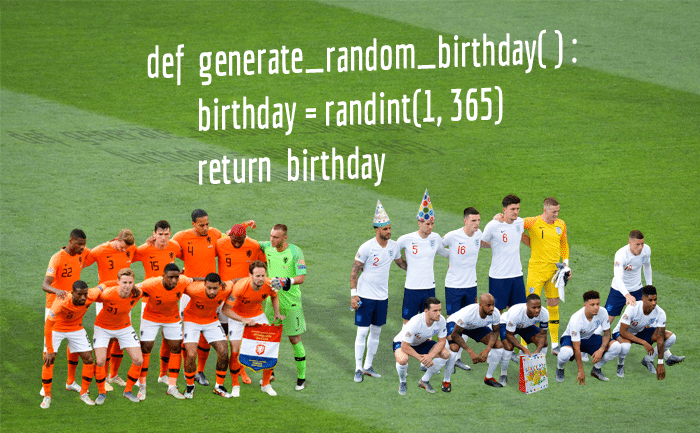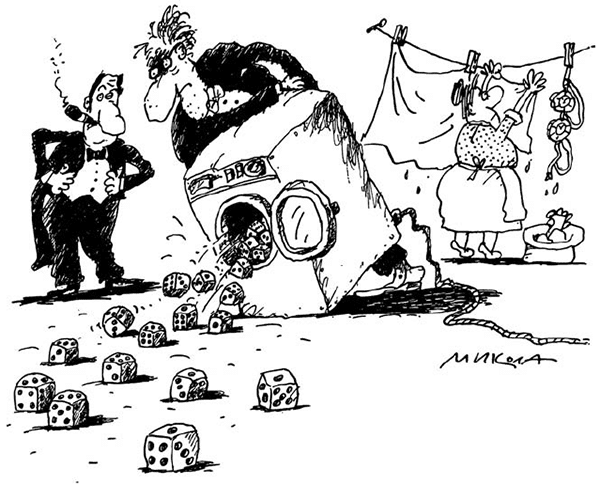
In my last post, I introduced you to the so-called birthday problem. Namely, the probability of having at least one birthday coincidence in a random group of people. I showed you how to approach the question analytically by deriving a simple formula for calculating this probability.
In this post, I want to show you an alternative way of getting the same probability using a computer simulation with the programming language Python!
This post is part of my series Probability Questions from the Real World.
[Read more…]
